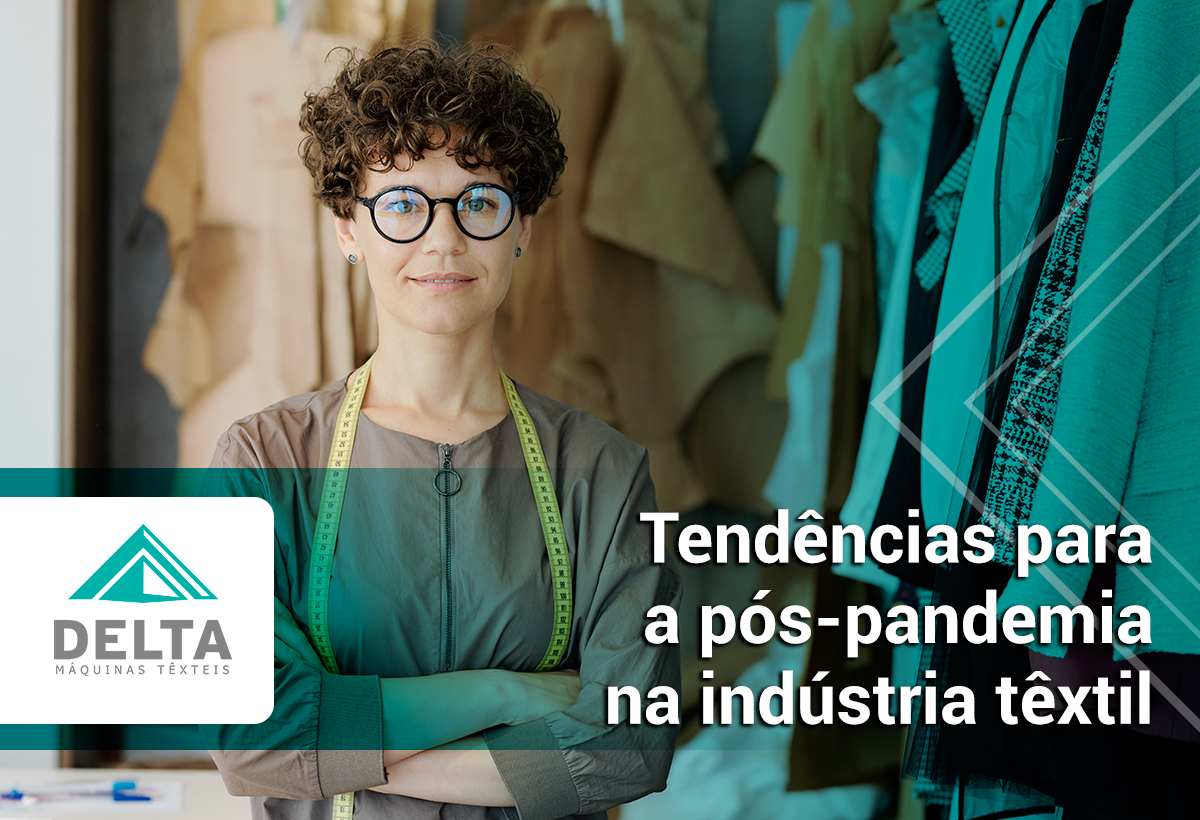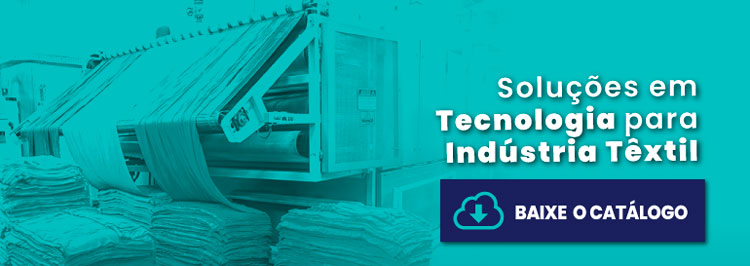The coronavirus pandemic greatly affected the retail sector and, consequently, the textile industry, clothing, weaving, among others. In June 2020, ABIT (Brazilian Textile Industry Association) released data that revealed that 96% of textile industries had a drop in orders, with more than half of them experiencing a reduction of 50%.
As a result, there is a general concern about the future of the industry and the best actions to get through this period with the least possible impact and prepare for changes in post-pandemic trends. If this is your case, continue reading and see the bets and first moves in the future of the textile industry after the pandemic!
Valuing national products and local markets
The traditional model of global production chains is one of the most affected by the new coronavirus pandemic. The fashion world has been using China as its main manufacturing source for a long time, due to lower prices, but this proved to be a mistake.
Now industries are looking for production in closer regions, in addition to diversifying the production location. The Senai Institute of Innovation and Technology carried out a survey that showed that 20% of companies are still analyzing which direction to take, but the majority already believe that national products and local markets will strengthen the industry.
Increase in export

Another post-pandemic trend in the textile industry is the increase in exports of Brazilian products to the European and American markets, which are making quotations with jeans manufacturers in Brazil.
China has suffered retaliation since the beginning of the pandemic, for being accused of not having taken the necessary measures and preventing the chaotic scenario of the pandemic. Combining this with the fact that companies from abroad also do not wish to be dependent on Chinese industry, there is a search for an alternative that can favor Brazil.
In the footwear industry, for example, Brazil is in fourth place among world producers, second only to China, India, Vietnam and Indonesia, as pointed out by Abicalçados (Brazilian Association of Footwear Industries).
Related:
Valuing sustainability

In April this year, Business of Fashion, in partnership with the consultancy McKinsey & Company, launched a new version of the “State of Fashion” study, analyzing the reality of the sector and presenting an overview of the transformations.
The study showed that the transformations that were already underway before the pandemic will now be even more rapid. After a period of recession, he estimates a transformation in which the value chain will be completely redesigned. This is because, more than ever, consumers are creating a dislike for companies that produce waste and are increasingly valuing sustainable and purpose-driven actions.
During the period at home, consumers have been rethinking their excessive consumption, in addition to being more insecure about spending. The tendency is for them to start buying longer-lasting clothes from companies that are more concerned with ecological and economic sustainability.
Investment in Industry 4.0
Another transformation that should intensify in the post-pandemic period in the textile industry is Industry 4.0. According to FIESP – Federation of Industries of the State of São Paulo, many companies are using downtime to, within their investment capacity, modernize the industrial park, implementing new technologies.
The objective is to take advantage of the resumption of activities with greater productivity, competitiveness, lower costs, less waste and also enable more sustainable and efficient processes.
If you are thinking about investing in technologies, but still have doubts, check out our article “Maintenance in the textile industry: is postponing it in times of crisis a good option?”.


